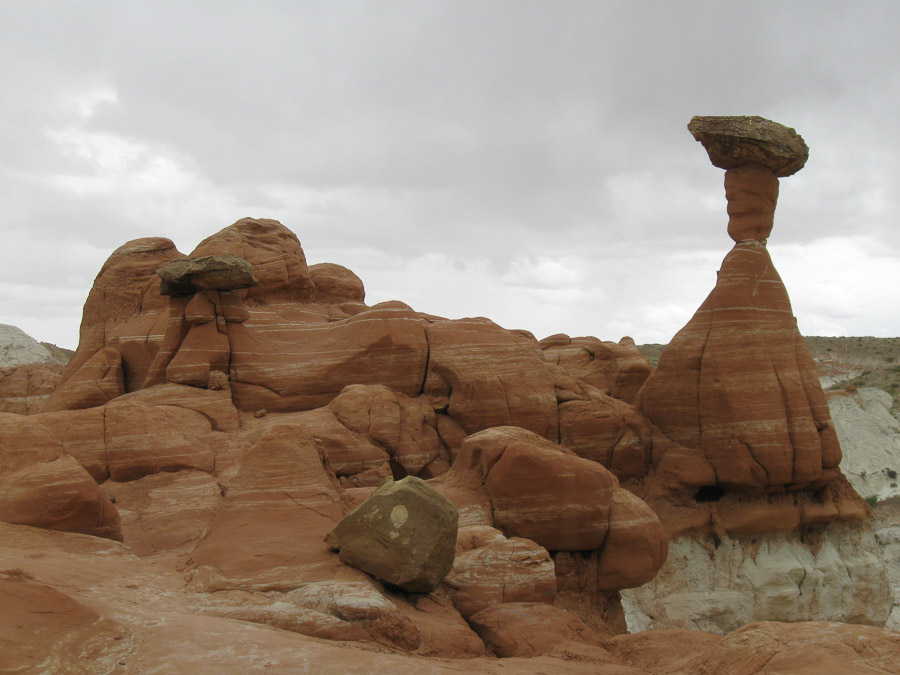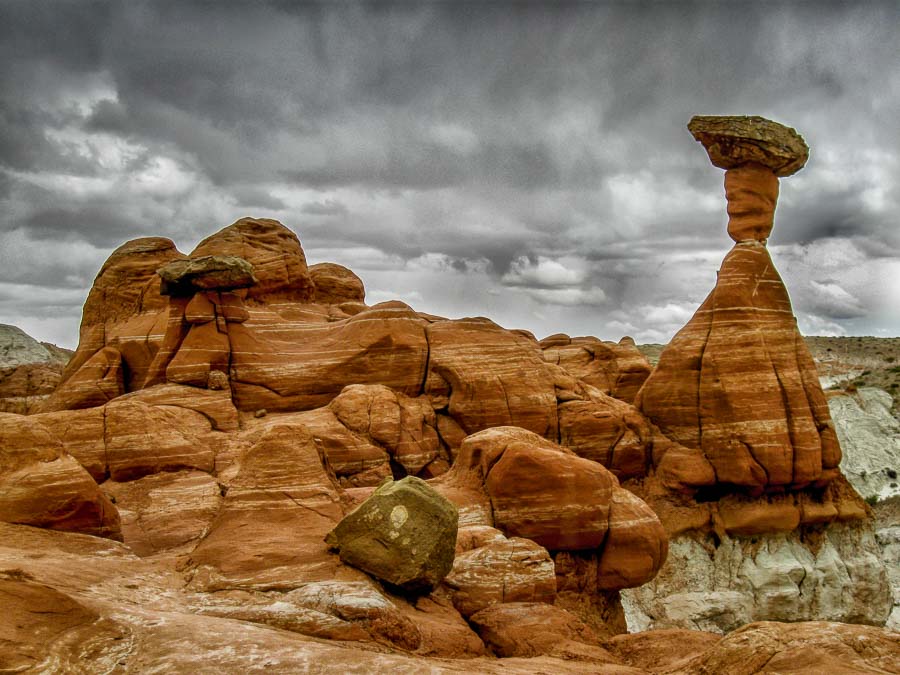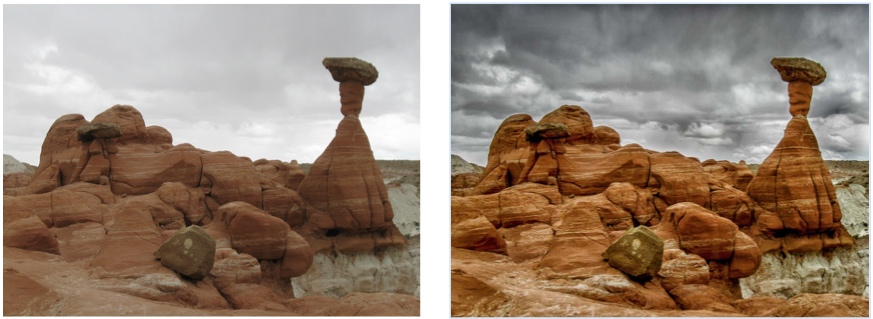Full Disclosure: I am not a professional photographer. I like photography and it is a hobby. I am not an expert in either photography or post processing. Putting that aside, I do enjoy trying to capture the best photographs I can and to make them look as nice as possible using Adobe’s Lightroom and Google’s Nik Collection.
I didn’t have anything approaching a “real” DSLR until last year when I purchased a Nikon D3300. I was going to rent some Fuji gear, but it was less expensive at that time to make an outright purchase of the D3300. We were planning our trip to Yosemite National Park and the Sierra Nevada Mountains in California. I wasn’t ready to spend a couple of thousand dollars on camera equipment; at least not yet.
I currently own three cameras:
- Canon PowerShot AS590 IS – This Camera is many years old, but keeps on ticking. It has been my companion whenever I go on a photographic expedition. It has an 8.0 megapixel CCD with 4x optical image-stabilized zoom.
- Canon PowerShot SX50 HS – I purchased this camera for two reasons: 1) I wanted to see if I would enjoy shooting in the RAW format and doing post processing and 2) I wanted a camera with a lot of reach. This has a 50x optical zoom lens which, as Canon claims, goes from 24mm to 1200mm (35 mm equivalent). This is a step up from the AS590 above with 12.1 megapixels and it has helped with my bird identification hobby.
- Nikon D3300 – This is my newest camera and comes closer to the full DSLR experience. I do enjoy this camera and I am still learning how to harness the full potential. It has a 24.2 Megapixel DX-format sensor and it came with the 18-55mm kit lens. It did as well as I expected during our trip to Bishop, CA and Yosemite National Park.
With the above out of the way, let me just say that I have a lot of fun turning images from “drab to fab” using Lightroom with Googles’s Nik Collection and doing some intermediate post processing. Let’s just look at one example from my least advanced camera, the Canon AS590.
We were hiking in Utah and on the way home, we stopped at the Grand Staircase–Escalante National Monument. It was a very gray day with rain threatening. The only camera I owned was my little Canon that was three years old at the time.
Assessing the weather we were having, we knew we had little time to explore so we parked the car on the side of one of the named trails, the Toadstool Trail, and began to walk toward several beautiful rock formations.
The toadstools are rock pillars with larger flatish rocks on top of them. Thus they look like (abstractly) toadstools. Below is one of the photographs that I took that day.
 This JPEG photograph was taken with an AS590 IS and is unprocessed
This JPEG photograph was taken with an AS590 IS and is unprocessed
Understand that this is a JPG only image. It is straight out of camera (SOOC). If you read many of the punditori, they will tell you that there is not much that can be done with post processing and a JPG image and that may be true, but “not much” doesn’t mean that nothing can be done.
I upload all my images to Lightroom (LR) because it is a good cataloguing tool. When done correctly, it is easy to organize and then find any given photograph you have taken. I follow blogs of photographers who have hundreds of thousands of images indexed in LR. I have less than 10,000 photos in my LR catalog, but I am working on it.
When I took the photo above, the rocks appeared to have more red tones in them and there was much more contrast in the clouds. Unfortunately, my camera could not render all the nuances my eye was seeing. Although this is a JPEG image, I decided to process it as I would my RAW images.
This is the final image after doing some work in LR. This is closer to what I remember seeing. I have enhanced the colors and contrast, but that’s what I want…a more beautiful photograph.
 This is the same photograph as the one above with post processing done in Lightroom
This is the same photograph as the one above with post processing done in Lightroom
It is hard to compare the two photographs above when they are separated by the narrative. Although this will not provide much detail, the set of smaller images below should impart the basic idea.
 This is a side-by-side comparison of the two images above
This is a side-by-side comparison of the two images aboveSo…what do you think? Don’t you feel the photograph on the right is a more beautiful landscape than the shot on the left? Leave a comment or ask a question in the comment section.
All photographs are Copyright by Jeffrey B. Ross with ALL Rights Reserved
See previous Photography posts HERE